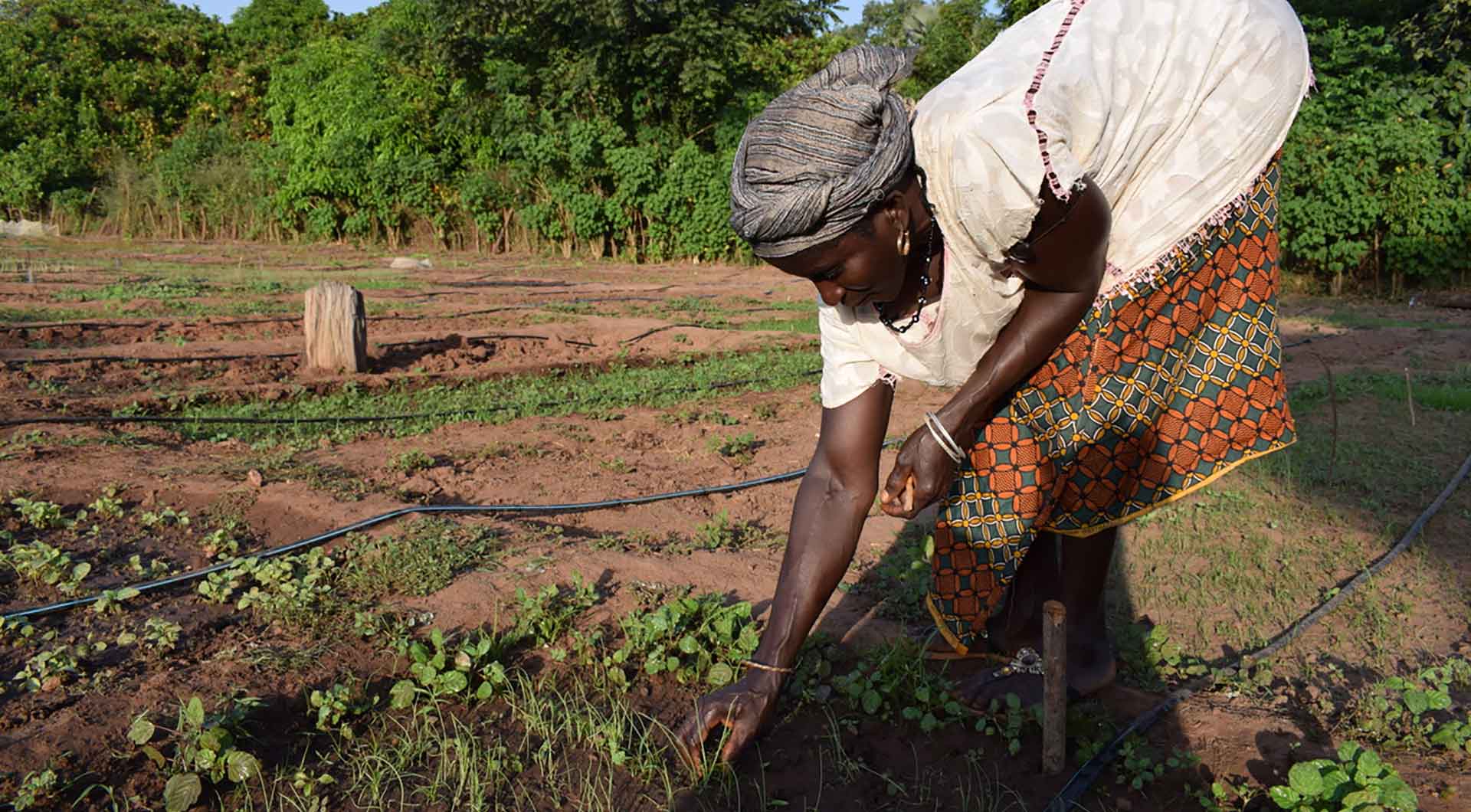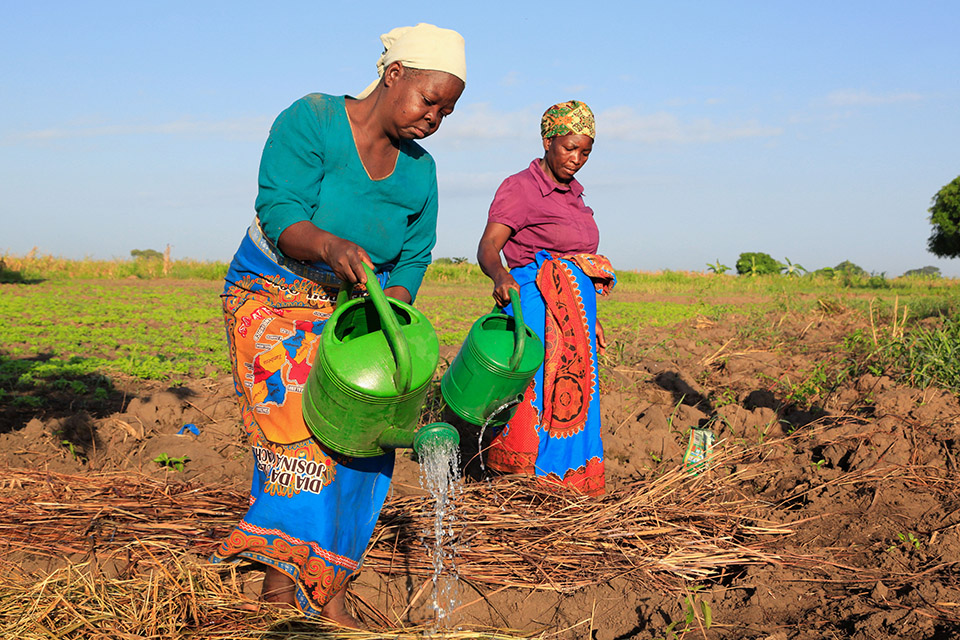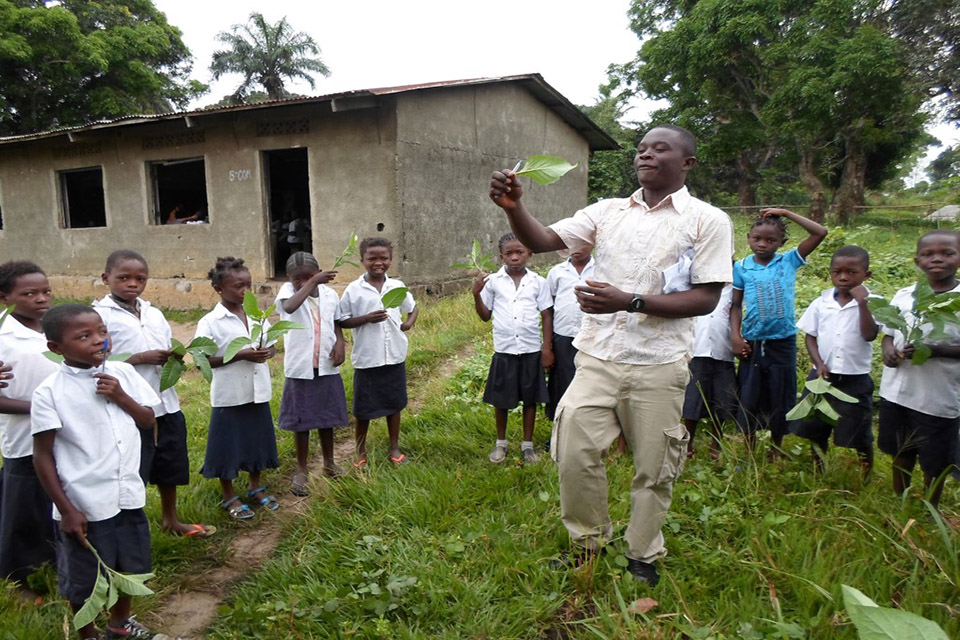
If you are reading this today, it means that when you were in primary school, a committed parent, teacher, and community ensured that you learnt how to read and write. An opportunity that remains difficult to come by for a considerable number of children in disadvantaged communities globally.

As we commemorate the International Day of Literacy, intergenerational education inequalities persist, contributing to an increase in illiteracy among children, which impacts their educational journey and hinders the creation of opportunities for lifelong learning.
Literacy is more than textbooks and formal lessons; it begins long before a child steps into a classroom, which is why a mother is a child’s first teacher. Parents are not just recipients of education; they are partners in the learning process, and their ability to read and write significantly affects their children’s literacy, as many parents may not have had the opportunity to attend school themselves.
When people come together and view literacy as a challenge to progress, collectively we can tackle illiteracy through actions such as establishing community schools for adults, improving teacher training, and making learning meaningful and practical by using mother languages that students and parents understand.
More can be done with enough political will and by taking the right decisions to improve literacy. Teachers need support to enhance their teaching practices. Even under challenging conditions, teachers can use locally available resources to make learning interesting for children.

Since 1986, our member ADPP Angola has been working to increase literacy in Angola. What began as small-scale programmes grew into a nationwide effort, strengthened in 2008 through the Rural Development Campaign with the Ministry of Family and Women’s Promotion (MINFAMU), and further expanded in 2011 in partnership with the Ministry of Agriculture, Rural Development and Fisheries and MINFAMU. These partnerships linked literacy with rural development and income generation, reaching thousands of adults.

Today, literacy is a cross-cutting element in ADPP’s work. Using the “Enjoy Reading and Writing” manuals, part of the national Literacy and School Acceleration Programme (PAAE), ADPP has trained trainers and implemented activities in 20 of Angola’s 21 provinces. By 2025, more than 217,000 people had become functionally literate through ADPP.
From 2023 to 2025, ADPP introduced literacy for family farmers in 11 provinces and integrated it into projects on ecosystem protection, peace and social inclusion, refugee support, and education. Results have been significant:
Across all modules, 72% of participants were women, underlining ADPP’s focus on women’s participation.
ADPP also works closely with the National Directorate for Youth and Adult Education (DNEJA). In 2024, the two partners signed a collaboration agreement, followed in 2025 by a training of trainers involving 23 literacy teachers from ADPP projects. These trainers will now help extend literacy to rural communities across the country.
Students from ADPP’s teacher training schools contribute as well, integrating adult literacy into their teaching practice via community micro-projects. In 2024 alone, 108 trainee teacher-led microprojects reached an additional 4,000 adults in 14 provinces.

The literacy projects being implemented by ADPP Angola are just one of many other education programmes being implemented by members of Humana People to People in the global South. Humana People to People continues increasing access to quality education by working closely with national governments and partners in supporting the development and implementation of education pedagogies that accelerate educational progress.


